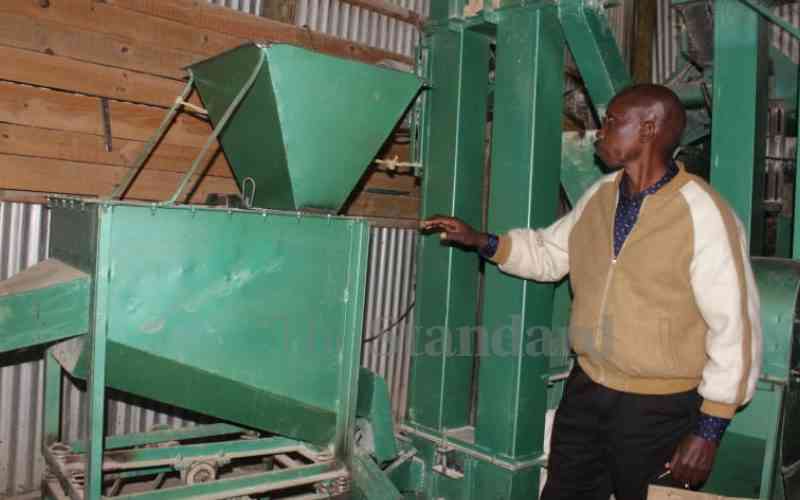×
The Standard e-Paper
Fearless, Trusted News

The maize flour crisis does not look like it will abate anytime soon after small-scale millers claimed the government had set ‘unattainable’ conditions towards implementation of the subsidy programme.
The traders said yesterday that it would be expensive for them to invest in the new requirements that will be enforced for only 28 days.